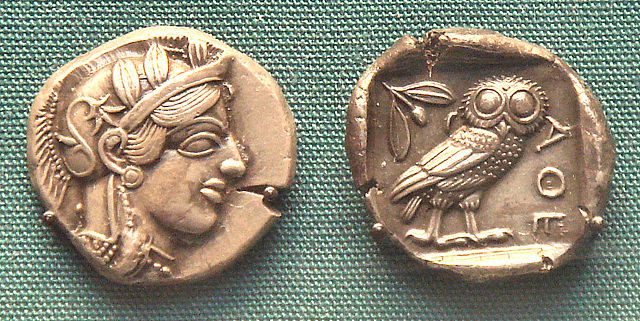The Peloponnesian War was an ancient Greek war fought between Athens and Sparta and their respective allies for the hegemony of the Greek world. The war remained undecided for a long time, until the decisive intervention of the Persian Empire in support of Sparta. Led by Lysander, the Spartan fleet, built with Persian subsidies, finally defeated Athens and started a period of Spartan hegemony over Greece.
Eight bookes of the Peloponnesian Warre written by Thucydides the sonne of Olorus. Interpreted with faith and diligence immediately out of the Greeke by Thomas Hobbes secretary to ye late Earle of Deuonshire (Houghton Library).
Fragment of the Athenian Tribute List, 425–424 BC
Battle of Potidaea (432 BC): Athenians against Corinthians. Scene of Socrates saving Alcibiades. 18th century engraving.
The walls surrounding Athens
Ancient Greece was a northeastern Mediterranean civilization, existing from the Greek Dark Ages of the 12th–9th centuries BC to the end of classical antiquity, that comprised a loose collection of culturally and linguistically related city-states and other territories. Most of these regions were officially unified only once, for 13 years, under Alexander the Great's empire from 336 to 323 BC. In Western history, the era of classical antiquity was immediately followed by the Early Middle Ages and the Byzantine period.
The Parthenon, a temple dedicated to Athena, located on the Acropolis in Athens, is one of the most representative symbols of the culture and sophistication of the ancient Greeks.
The Victorious Youth (c. 310 BC) is a rare, water-preserved bronze sculpture from ancient Greece.
Dipylon Vase of the late Geometric period, or the beginning of the Archaic period, c. 750 BC.
Early Athenian coin, depicting the head of Athena on the obverse and her owl on the reverse – 5th century BC.








